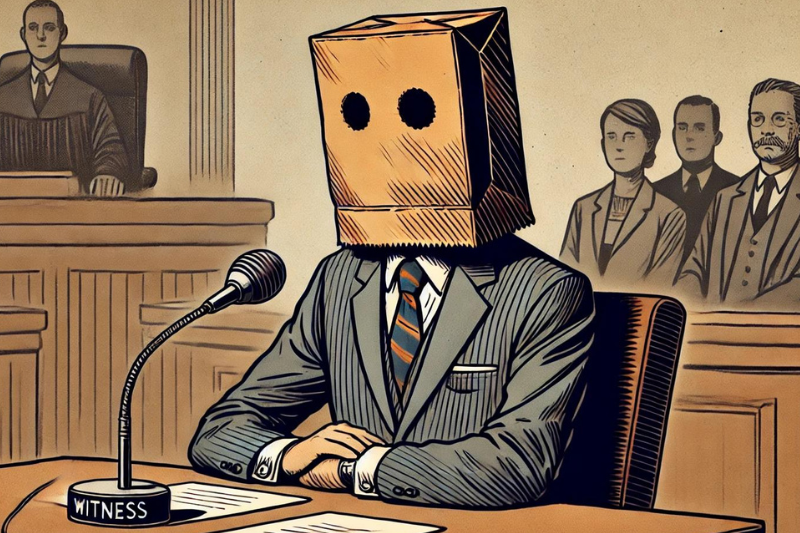When employers are investigating allegations of wrongdoing, they need the co-operation of witnesses who are often colleagues of the accused.
It can create uncomfortable situations, with people afraid to speak up and tell the truth for fear their testimony may get back to that person. It’s an intricate dance, with the concepts of anonymity and transparency often at odds.
In one recent wrongful dismissal case involving TD Bank, the Ontario Superior Court of Justice issued a blunt warning to employers not to promise confidentiality to workers who make complaints if they intend to rely on that information to justify a termination.
“An employer that intends to rely on complaints made to it about another employee to support a termination for cause will need to think carefully before assuring complainants that their complaints can and will be kept confidential,” the court said.
It said the federal Personal Information Protection and Electronic Documents Act (PIPEDA), which applies to federally regulated businesses including banks, does not bar disclosure in these situations because compliance with court rules necessitate it.
TD was ordered to hand over unredacted versions of employee complaints, a whistleblower complaint, and an investigation report to the worker who had been fired.
In Newfoundland and Labrador, though, the province’s privacy commissioner came to a somewhat different conclusion about maintaining anonymity.
It upheld the Department of Digital Government and Service NL’s decision to withhold witness statements from an injured worker. The crux of the ruling rested on the importance of maintaining confidentiality to ensure the willingness of individuals to participate in occupational health and safety (OHS) investigations.
“Withdrawing confidentiality once it has already been provided can undermine future OHS investigations where an offer of confidentiality may be appropriate,” wrote Acting Commissioner Jacqueline Lake Kavanagh.
That makes sense. Without such assurances, the pool of willing participants in these vital investigations could diminish, thereby weakening the investigative process that aims to protect workers and enforce safety standards.
She also noted that the definition of “law enforcement” under N.L.’s privacy legislation is broad, and includes investigations under the Occupational Heath and Safety Act.
While the facts of these cases are very different, and involve different jurisdictions and legislation, the crux of them is the same: Are witnesses who provide information to employers entitled to the protection that confidentiality offers?
The answer is “maybe,” and that’s problematic. The message to employees and witnesses is muddled: Your confidentiality is paramount — unless it isn’t.
If TD Bank had told its staff in advance that their testimony could wind up in the hands of the accused, with their names clearly attached, would they have been so honest? The answer is no, and the employer would not have gotten the full picture of what was happening.
I can see the other side of the coin here. Fired employees need to be able to mount a proper defense, and that’s impossible to do if they can’t see the full breadth of information their employers relied on to make that decision.
But there has to be a way to anonymize the information. Otherwise, every workplace investigation will start with a disclaimer that everything you tell me could end up in the hands of the accused.
Fears of retaliation will absolutely stifle the willingness of individuals to provide critical information.
That could ultimately erode the foundation of trust and co-operation that is essential for both workplace safety and justice.





